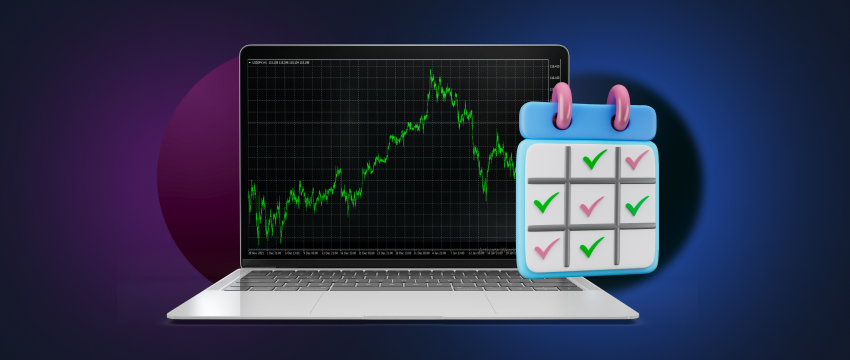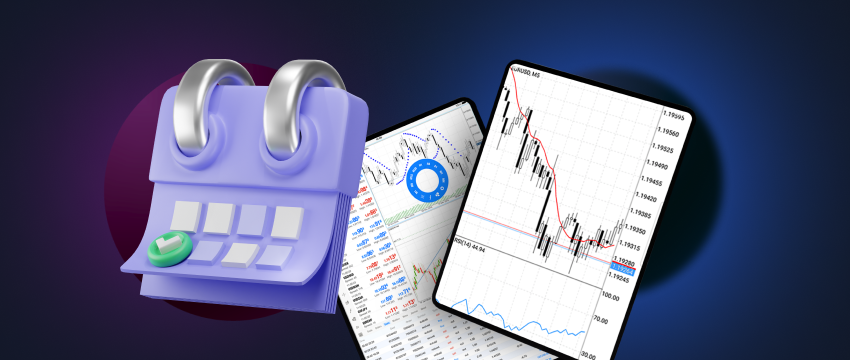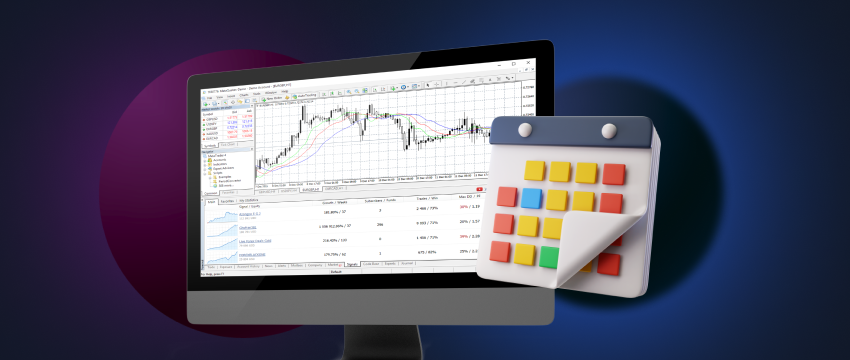A growing trend in finance is weekend day trading. The traditional working week has given way to much longer hours for forex trading on weekends. Currency rates can be traded whenever any global market is open, whether it is in Sydney, Hong Kong, London, or New York. This is because there is no central market but rather an Over-the-Counter (OTC) marketplace where participants trade online.
Weekend trading offers a special opportunity in the financial world, although it is frequently ignored by traders. Through an examination of the main markets and the diverse assets accessible for weekend trading, such as stocks or forex, this article will provide you with the information you need for moving through this distinct marketplace. We will go over some advantages and disadvantages to take into account.
Is trading possible during weekends?
It’s a common misperception that trading is impossible on weekends. Maybe this happens because many people in the finance industry prefer to not work on Saturdays and Sundays.
Weekend trading is not permitted from 16:00 on Friday until 09:30 on Monday morning in India, as well as on many US stock exchanges, including the NASDAQ.
With the advancement of technology, though, not all people work on the same schedules. For instance, trading hours in the Middle East are Sunday through Thursday, and in certain locations, Saturday through Wednesday. The short answer is that you can start trading online over the weekend.

Financial markets on the weekend
Stock exchange market
The major stock exchanges worldwide, namely the New York Stock Exchange (NYSE), London Stock Exchange (LSE), Tokyo Stock Exchange (TSE) and NASDAQ close for the weekend on Friday evening as the trading day draws to an end, indicating a brief downturn in the world’s financial markets.
There are stock exchanges that allow investing on weekends, like the ones in Israel and Saudi Arabia. These markets usually operate from Sunday through Thursday, in line with the Middle Eastern workweek.
Futures market
Although futures markets are generally more interested in crude oil futures, bitcoin futures on the Intercontinental Exchange (ICE) have expanded their offerings beyond energy futures to include foreign exchange, interest rate, metals, agriculture, and equity. It usually remains open for business 24 hours a day, starting at 5:00 p.m. ET on Sunday and ending at 6:00 p.m. ET on Friday. The only time it is not available is when it is undergoing maintenance, which usually starts every day at 6:05 p.m. ET.
Foreign exchange market
The foreign exchange market is renowned for its round-the-clock trading hours. Eastern Standard Time (EST) is observed from Sunday at 5:00 PM to Friday at 5:00 PM. Every day, at approximately 5:00 PM EST on weekdays, the market sees a brief closure for a rollover.
Crypto market
Cryptocurrency markets are open seven days a week, including weekends. Because trading never stops, traders are able to buy and sell digital assets whenever they want.
Financial markets are separated into discrete sessions that overlap to enable continuous global trading. Financial markets are separated into discrete sessions that overlap to enable continuous trading globally when we talk about global trading.
Key stock exchanges in each region open for business during the Asian, European, and American sessions, which are the three distinct sessions that make up the global financial markets and allow for continuous trading around the clock. When making decisions, traders frequently take into account the ideal time for these sessions.

5 reasons to trade on the weekend
Traders may want to begin their weekend trading for a number of reasons including:
Friendly to strategies
While some can yield significant profits during a week of high volume trading, others are more successful on the weekends. For example, open Asian markets act differently from many western markets. This helps traders whose strategies are more appropriate for the various market conditions.
More trading equals more profit
Although this isn’t always the case, generally speaking, the longer you trade, the more chances you have to generate revenue.
Flexibility
Some people just don’t think they can trade during the week. For people with hectic schedules and intraweek obligations the weekend is ideal. You are free to select the hours that work for you.
Concentration
If your week has been busy, there might be less distractions over the weekend. This may result in increased focus and improved investing choices.
Hedging opportunities
If a weekday position that is open turns bad, trading on weekends can act as a risk management strategy. For instance, you may initiate another weekend trade in the same asset class to offset a portion of the losses if you anticipate a market announcement on Saturday that might affect an existing position.
Weekend trading: strategies
Natural disasters, terrorist attacks, and executive deaths have a great impact on the stock market. According to the findings, terrorism has the least effect on the economy and catastrophic events have the biggest.
The stock index falls on the day of a natural disaster and the two days that follow, providing a chance for short selling arbitrage profits. These results highlight how crucial it is to keep up with current affairs and how they might affect the stock market, as well as to frequently check on market conditions and trends.
Weekend trading can present particular opportunities for traders to benefit from world news and happenings that could affect market mood. Traders can modify their positions and possibly profit from abrupt price changes by keeping an eye on important announces and economic data.
Making educated judgments about earnings releases through using pre-market advantage is one method that has attracted a lot of attention recently. Following the close of Wall Street investing, a number of significant tech companies release earnings reports, giving traders a chance to profit from how the market responds to this fresh information.
Weekend trading: disadvantages
Low volume/less liquidity
Lower levels of liquidity are a common problem for weekend traders. When there are fewer participants and no noteworthy financial or international news releases, market movements are typically slow. This decreased volatility may limit profit potential.
The hours for trading forex on the weekends are from Saturday to Sunday. Hong Kong continues to thrive even after London closes its doors. The weekend investing markets for oil and gold are very similar. The issue is that there will be periods of very low trading volume. As a result, charts are useless and markets are flat.
Restricted market and products choices
On weekends, there are fewer resources available. You might run into issues if you enjoy trading with instruments you understand well and the news. On the New York Stock Exchange, for instance, Ford Motors and others are all traded, though they are unavailable on weekends. Technical analysts who use price movement trading, however, might still be able to generate revenue.
Many major markets are closed on weekends, which gives traders fewer possibilities and less common assets to trade. When compared to trading on weekdays, the absence of variety can be less flexible and inconvenient.
Atypical trading hours
In certain regions of the world, traders must work unusual hours to participate in weekend trading across major markets. For example, traders who want to trade on the weekend would only be able to trade during the first four hours of the day, which might interfere with their regular trading schedules. A lot of brokerage firms believe that their clientele isn’t large enough to justify opening on weekends. This implies that you must verify the trading hours offered by your CFD broker.

Final thoughts
In conclusion, weekend trading has its own set of risks in addition to its unique benefits. Even though these risks exist every trading day, they are particularly risky on weekends because of decreased liquidity and unforeseen news events. To overcome these obstacles, stick to your risk management guidelines, establish explicit stop-loss orders, and stay educated. A well-thought-out and balanced approach can help you become an expert at weekend CFD trading.
Disclaimer: This material is for general informational and educational purposes only and should not be considered investment advice or an investment recommendation. T4Trade is not responsible for any data provided by third parties referenced or hyperlinked in this communication.




